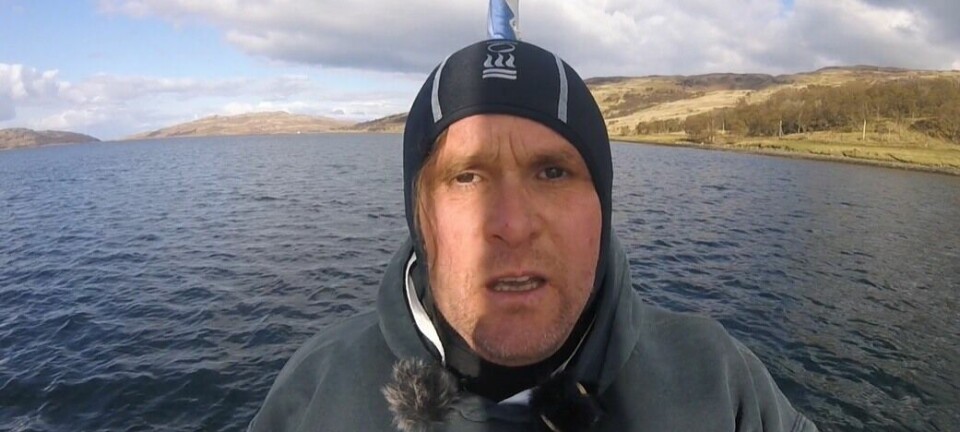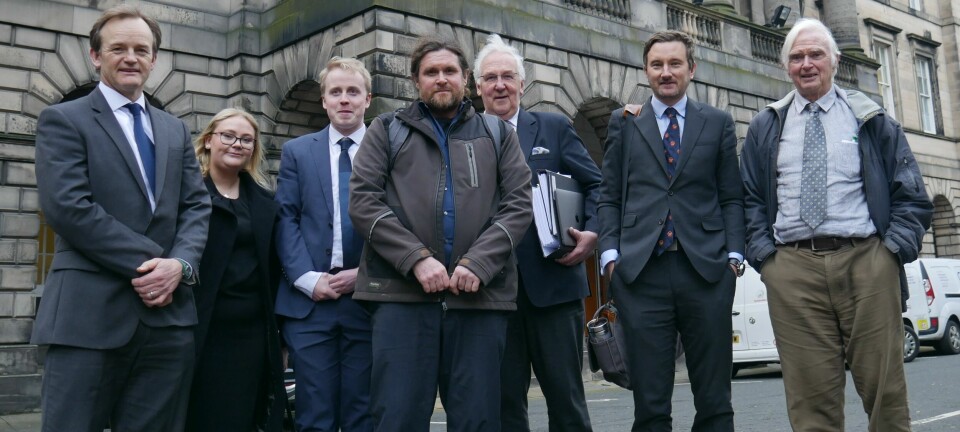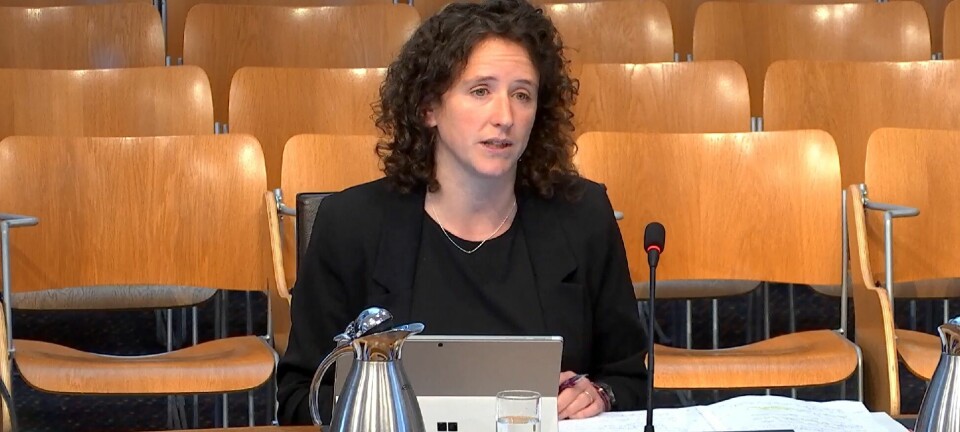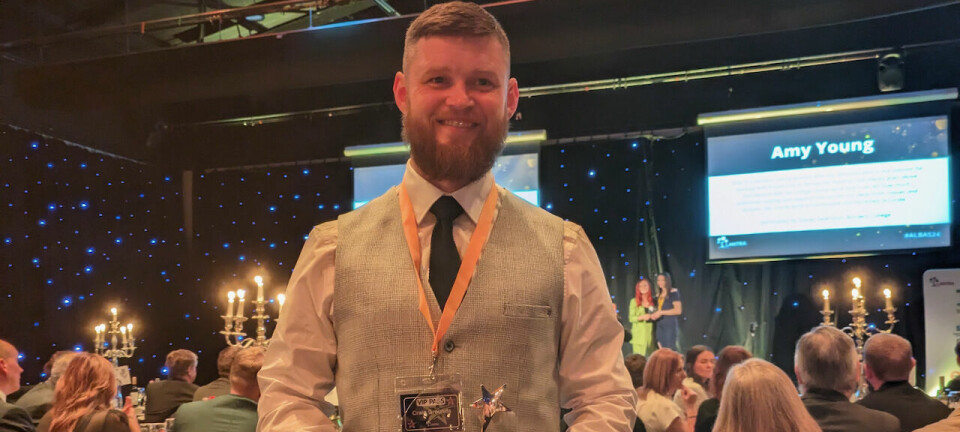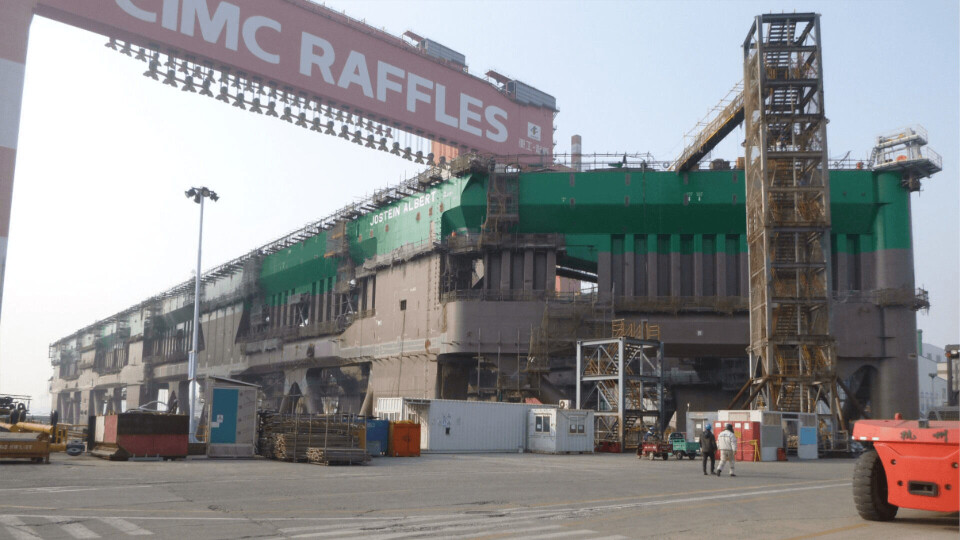
10,000-tonne-capacity salmon farm takes shape
Two out of three parts of the revolutionary Havfarm being built for Norwegian salmon farmer Nordlaks have come into place in the dry dock at the CIMC Raffles shipyard in Yantai, China.
According to Nordlaks, the last part of the 385-metre long structure, named the Jostein Albert, will be in place in a few days.
“This is a complicated project, and construction has taken longer than the plan was when the construction contract was signed. It is important to us that everything is done properly and thoroughly during construction, and Nordlaks has accepted a later delivery than initially agreed,” the company wrote on Facebook.
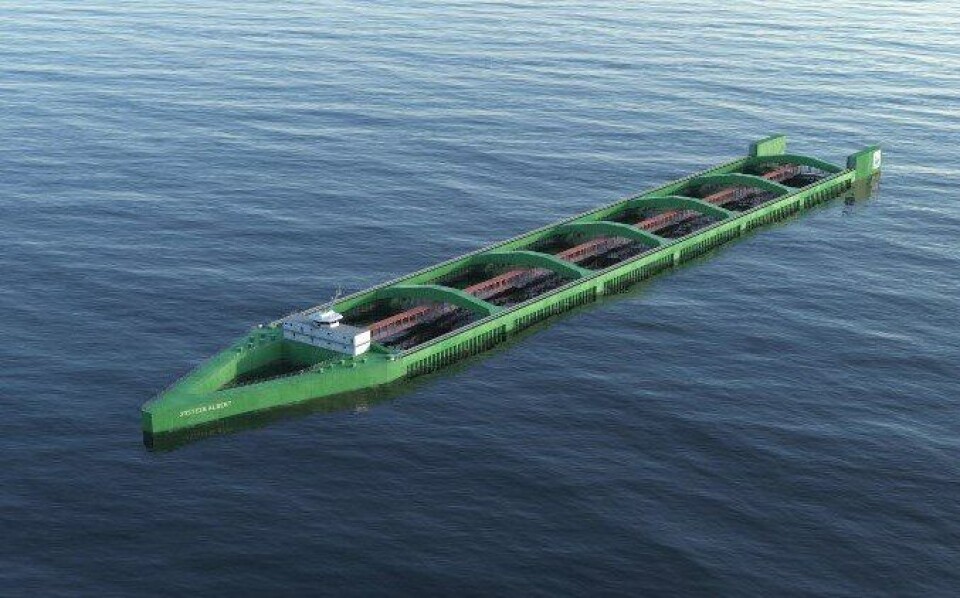
Fish in next summer
Nordlaks added, however, that it is sticking to the plans to release fish into the Havfarm in late summer next year.
The Havfarm will be equipped with six nets of 47x47 metres, made of HDPE mixed with copper. Garware Technical Fibres in India is manufacturing the nets on behalf of Norwegian aquaculture equipment supplier Selstad.
Nordlaks has stated in the application for development licences for the Havfarm that it sent to Norway’s Directorate of Fisheries that each Havfarm should have a capacity of 10,000 tonnes of maximum allowed biomass. This means that there may be just under 1,700 tonnes of fish in each cage at most.
First of two
Licences for increased salmon production are both limited and expensive in Norway, and development licences allow salmon farmers much cheaper access to extra biomass to offset some of the costs of developing innovative new farming methods.
The Havfarm currently under construction is the first of two on order and is designed to remain permanently in one location. A second Havfarm, due for delivery in 2021, is designed to be moved from site to site.
Nordlaks has also ordered the world’s first two gas-hybrid wellboats to service the Havfarms.


